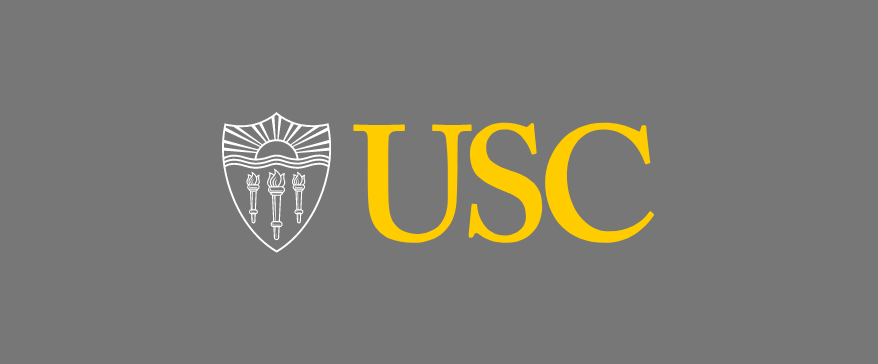OCD Research Study
Researchers at The University of Southern California are conducting a study to better understand how to improve treatment outcomes in adults with refractory OCD who have not responded to first-line treatments.

Fast Facts

Diagnosed with OCD

18+ Years Old

Compensation Provided

Conducted in Los Angeles, CA
Study Background
Researchers are exploring how the combination of transcranial magnetic stimulation (TMS) and psychotherapy (exposure-response prevention therapy, ERP) can improve treatment outcomes in adults with refractory OCD.
The study team is also measuring features of behavior (step count, hours of sleep, etc.) and physiology (heart rate, oxygen saturation, etc.) using wearable technology (Fitbit) during the study to understand how these factors change with treatment.
The study team is using MRI scans to look at changes in brain function before and at the end of the study.

Study Background
Researchers are exploring how the combination of transcranial magnetic stimulation (TMS) and psychotherapy (exposure-response prevention therapy, ERP) can improve treatment outcomes in adults with refractory OCD.

The study team is also measuring features of behavior (step count, hours of sleep, etc.) and physiology (heart rate, oxygen saturation, etc.) using wearable technology (Fitbit) during the study to understand how these factors change with treatment.
The study team is using MRI scans to look at changes in brain function before and at the end of the study.

Study Details
We are exploring how the combination of transcranial magnetic stimulation (TMS) and psychotherapy (exposure-response prevention therapy, ERP) can improve treatment outcomes in adults with refractory OCD.
You may qualify for a study if you meet the following criteria.
Inclusion Criteria:
- Ages 18+
- Diagnosed with OCD (obsessive-compulsive disorder)
- Have previously tried medication and/or therapy (exposure-response prevention, ERP) for OCD with limited or no improvement in OCD symptoms
- Able to undergo MRI (no metal in the body, no claustrophobia)
- Able to wear a Fitbit
- Able and willing to attend daily TMS (Transcranial Magnetic Stimulation) treatment sessions at the USC Health Sciences Campus for 6 weeks (each session lasts ~30 minutes)
- No history of seizures or seizure disorder
- If female, not pregnant or planning to become pregnant during the study
- Have not engaged in Exposure and Response Prevention (ERP) therapy in the past 8 weeks
Study visits are conducted in-person on the USC Health Sciences Campus and include the following:
- MRI scans occur at the start and end of treatment and last ~30 minutes
- TMS treatment sessions occur Monday through Friday for 6 weeks (30 total sessions). Each session lasts ~25 minutes
- Twice weekly, participants will also receive a standard session of ERP, which lasts ~60 minutes. These sessions will occur in conjunction with TMS and be conducted at the same study location
Compensation of up to $325 in gift-cards is provided for participation in this study. Participants also get to keep the Fitbit at end of study.
There is no cost to participate in this study. Free two-hour parking is available next to the treatment clinic on the Health Sciences Campus.
